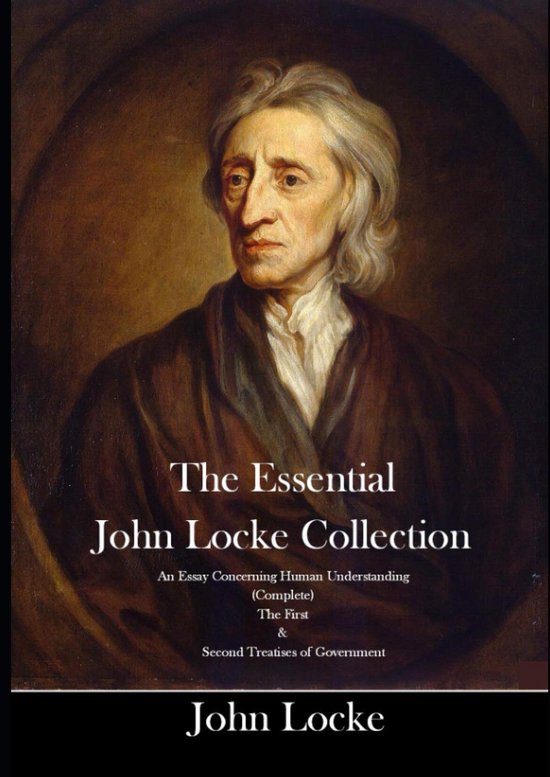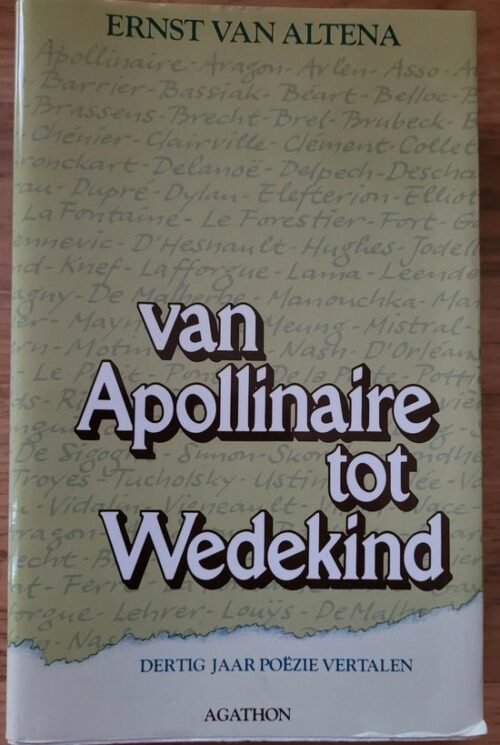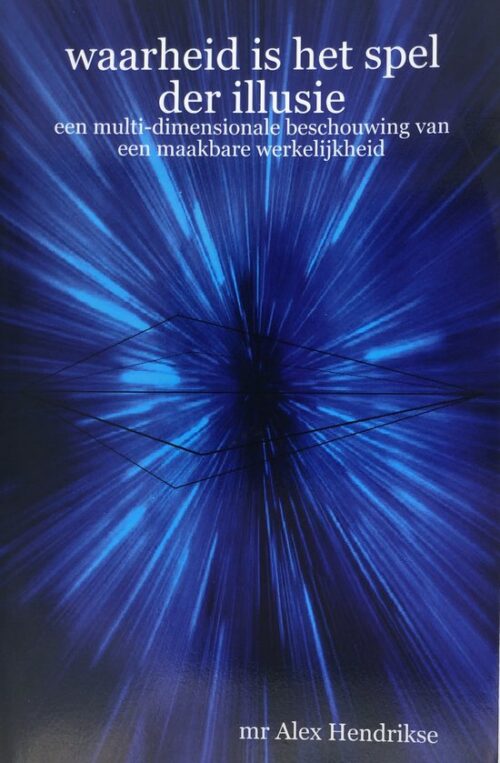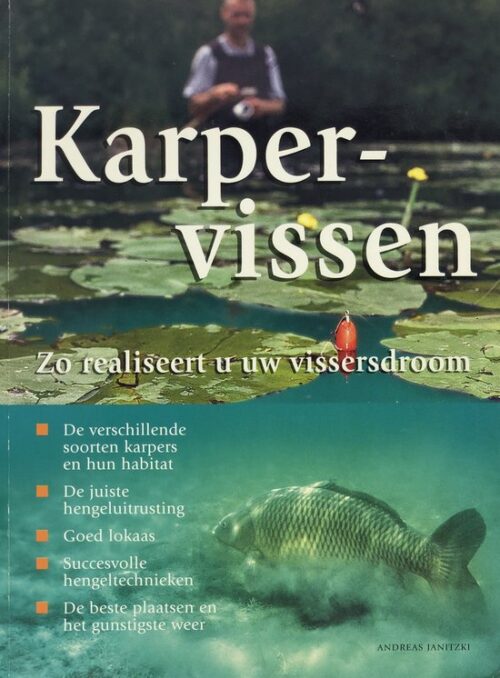Beschrijving
A Collection of his most Important WorksAn Essay Concerning Human Understanding(Complete)The First&Second Treatises of GovernmentAn Essay Concerning Human Understanding is a work by John Locke concerning the foundation of human knowledge and understanding. It first appeared in 1689 (although dated 1690) with the printed title An Essay Concerning Humane Understanding. He describes the mind at birth as a blank slate (tabula rasa, although he did not use those actual words) filled later through experience. The essay was one of the principal sources of empiricism in modern philosophy, and influenced many enlightenment philosophers, such as David Hume and George Berkeley.Book I of the Essay is Locke’s attempt to refute the rationalist notion of innate ideas. Book II sets out Locke’s theory of ideas, including his distinction between passively acquired simple ideas, such as “red,” “sweet,” “round,” etc., and actively built complex ideas, such as numbers, causes and effects, abstract ideas, ideas of substances, identity, and diversity. Locke also distinguishes between the truly existing primary qualities of bodies, like shape, motion and the arrangement of minute particles, and the secondary qualities that are “powers to produce various sensations in us” such as “red” and “sweet.” These secondary qualities, Locke claims, are dependent on the primary qualities. He also offers a theory of personal identity, offering a largely psychological criterion. Book III is concerned with language, and Book IV with knowledge, including intuition, mathematics, moral philosophy, natural philosophy (“science”), faith, and opinion.The First & Second Treatises of GovernmentTwo Treatises of Government (or Two Treatises of Government: In the Former, The False Principles, and Foundation of Sir Robert Filmer, and His Followers, Are Detected and Overthrown. The Latter Is an Essay Concerning The True Original, Extent, and End of Civil Government) is a work of political philosophy published anonymously in 1689 by John Locke. The First Treatise attacks patriarchalism in the form of sentence-by-sentence refutation of Robert Filmer’s Patriarcha, while the Second Treatise outlines Locke’s ideas for a more civilized society based on natural rights and contract theory.This publication contrasts former political works by Locke himself. In Two Tracts on Government, written in 1660, Locke defends a very conservative position; however, Locke never published it. In 1669, Locke co-authored the Fundamental Constitutions of Carolina, which endorses aristocracy, slavery and serfdom. Some dispute the extent to which the Fundamental Constitutions of Carolina portray Locke’s own philosophy, vs. that of the Lord proprietors of the colony; the document was a legal document written for and signed and sealed by the eight Lord proprietors to whom Charles II had granted the colony. In this context, Locke was only a paid secretary, writing it much as a lawyer writes a will.







Beoordelingen
Er zijn nog geen beoordelingen.